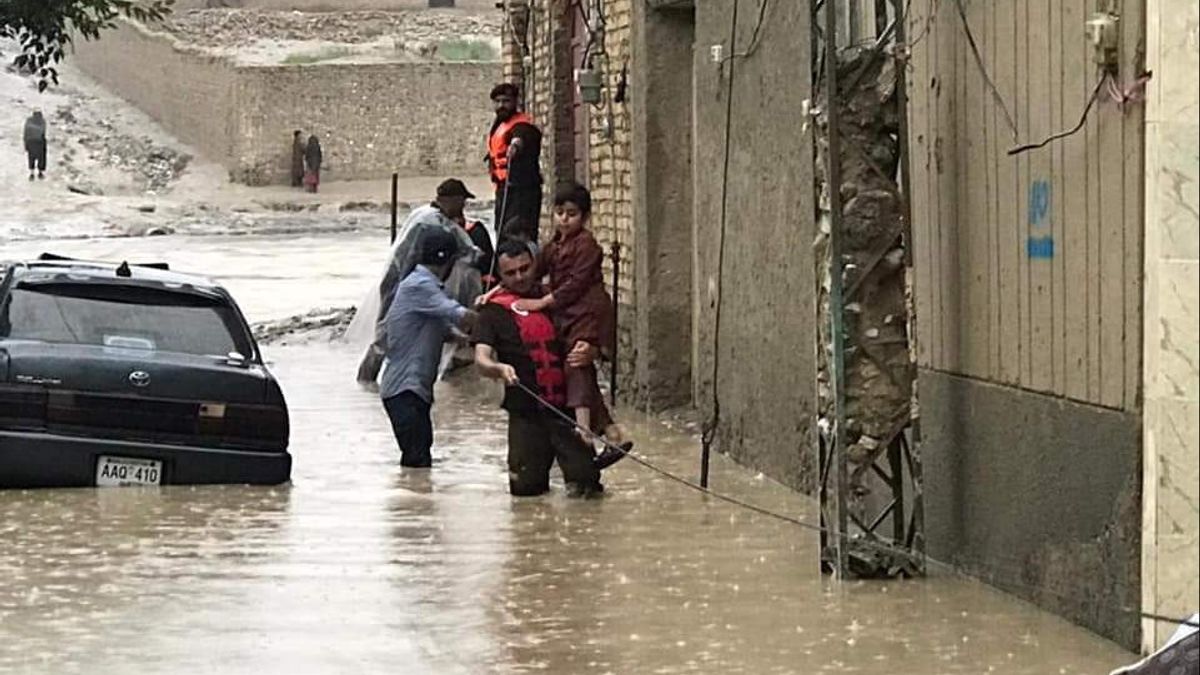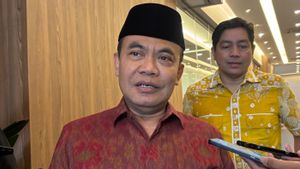JAKARTA - Pakistan needs financial assistance to deal with the floods that have occurred, hoping international financial institutions such as the International Monetary Fund (IMF) take into account the economic impact, the country's foreign minister said.
Heavy rains of high intensity that hit Pakistam, causing severe flooding in the country's northern and southern regions, affected more than 30 million people and killed more than 1,000 people.
"I've never seen destruction on this scale, I find it very difficult to express in words, it's extraordinary," Pakistan's Foreign Minister Bilawal Bhutto-Zardari said in an interview with Reuters.
He said plants that provide many of the residents' livelihoods have been destroyed.
"Obviously this will affect the overall economic situation," he explained.
Pakistan is known to be in an economic crisis, facing high inflation, a depreciated currency and a current account deficit.
The IMF board will decide this week whether to issue $1.2 billion, as part of its seventh and eighth Pakistan bailout program, which came in 2019.
Bhutto-Zardari said the board was expected to approve the release, given the agreement between Pakistani officials and IMF staff that it had been reached and he hoped in the coming months the IMF would recognize the impact of flooding.
"Going forward, I hope not only the IMF, but the international community and international agencies to truly understand the extent of the devastation," he said.
Bhutto-Zardari, son of former Prime Minister Benzir Bhutto who was killed, said the economic impact was still being assessed, but was estimated at $4 billion.
Given its impact on people's infrastructure and livelihoods, he estimates the total number will be much higher.
Pakistan this week will launch a call calling calling calling on United Nations member states to contribute to aid efforts, Bhutto-Zardari said.
"At the next stage, when we look at rehabilitation and reconstruction, we will hold talks not only with the IMF, but with the World Bank, Asian Development Bank," explained Bhutto-Zardari.
He added, after aid efforts, the state must see how to develop infrastructure that is more resistant to floods and drought, as well as overcome the major changes faced by the agricultural sector.
The English, Chinese, Japanese, Arabic, and French versions are automatically generated by the AI. So there may still be inaccuracies in translating, please always see Indonesian as our main language. (system supported by DigitalSiber.id)













